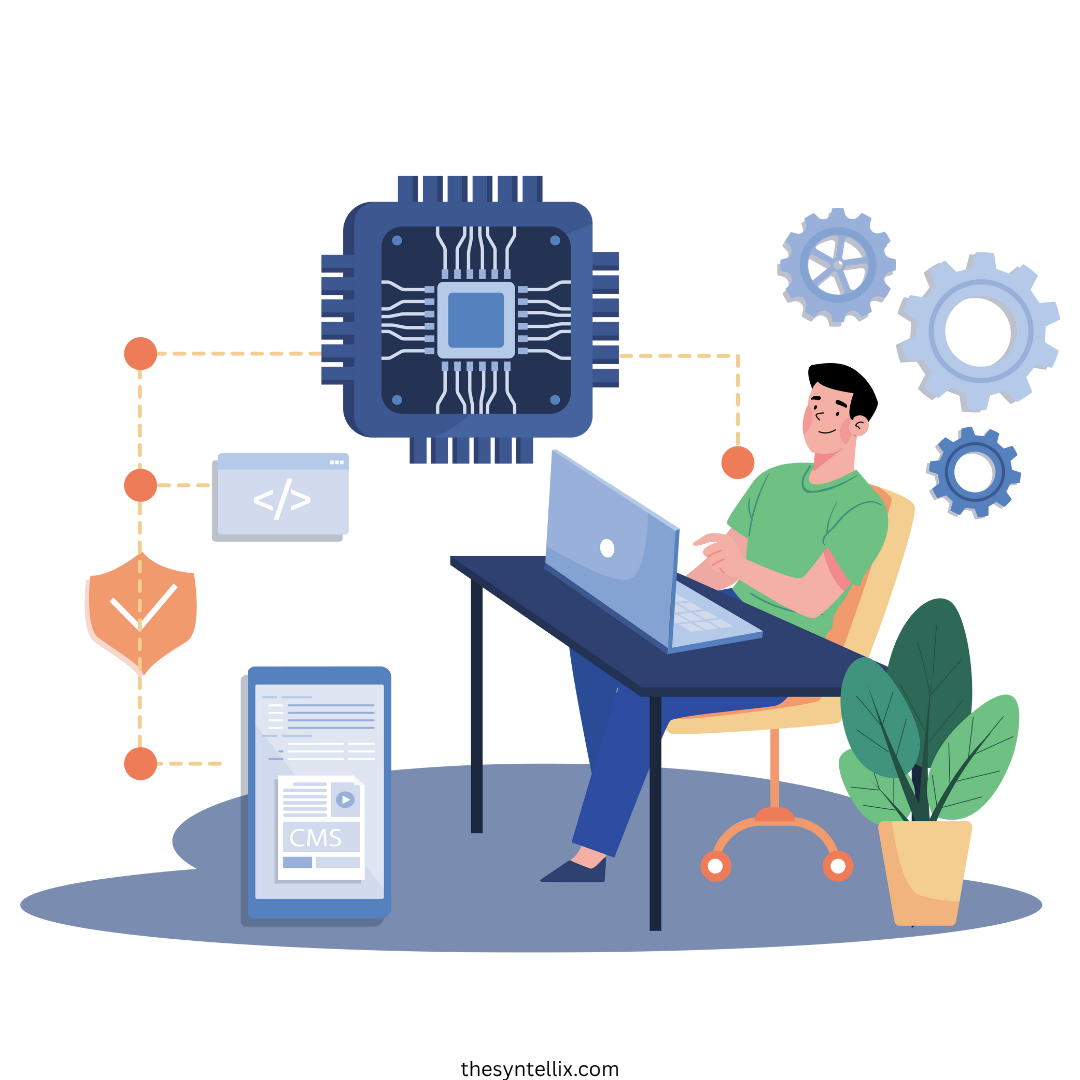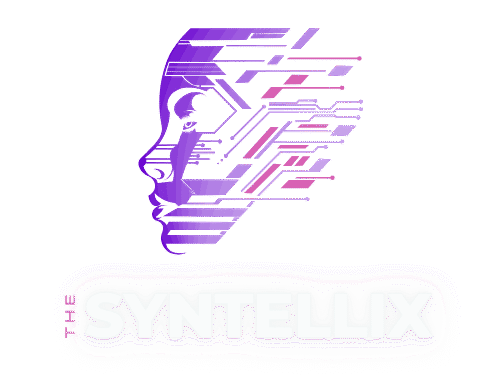Introduction
You open a fitness app to track your morning run. Minutes later, ads for protein shakes flood your feed. Coincidence? No—it’s Surveillance Capitalism, the engine powering today’s “free” technology. In 2025, corporations harvest your data—your clicks, location, even your heartbeat—to predict and profit from your behavior. But as this hidden economy grows, so does its cost: eroded privacy, manipulated democracies, and a digital caste system. This blog uncovers how Surveillance Capitalism operates, who’s fighting back, and how you can reclaim control.
What Actually Is Surveillance Capitalism In My View
Surveillance capitalism is a modern way for some companies to earn by watching what people do online and by tracking their experience they do targeted marketing. Every time you use any app, browse the internet, or interact with social media, your actions—like what you click, search, or watch—can be tracked. Companies collect these details to build a digital profile of you. They then use this profile to show you personalized ads, suggest content, or even predict what you might want next. The more data they gather, the better they get at guiding your behavior, often you may not even realize it. This process turns your personal experiences into a product that companies can sell to advertisers or other businesses.
As a researcher, I’ve found that this system raises serious questions about our privacy and control. People often don’t know how much of their data is being collected or how it is being used. While the goal may seem harmless—offering better ads or services but it can lead to manipulation, where the line between suggestion and control becomes blurry.
Surveillance capitalism is not just about selling products; it’s about shaping human behavior for profit. That’s why experts and lawmakers are now asking whether stronger rules and greater transparency are needed to protect users and ensure that technology works for the public good—not just for corporate gain.
What Is Surveillance Capitalism According To Zuboff
Surveillance capitalism, a term coined by Harvard professor Shoshana Zuboff, refers to a new economic system where companies can make profit by collecting, analyzing, and selling data about people’s behaviors—often without their full knowledge or consent. In her groundbreaking work The Age of Surveillance Capitalism, Zuboff explains how tech giants like Google and Facebook discovered that personal data could be used not just to improve services, but to predict what people would do next—and even they can manipulate their decisions.
This behavioral data, often taken from everyday actions like browsing the internet or using a smartphone, becomes a resource for shaping ads, content, and even products tailored to what companies believe will drive user engagement and profit. Zuboff argues that this model has turned personal experience into a raw material—what she calls “behavioral surplus”—to be mined, packaged, and sold to advertisers and other third parties.
According to Zuboff, the real danger of surveillance capitalism is not just loss of privacy, but the shift in power it creates. As companies gain the ability to monitor and predict human behavior at scale, they can begin to manipulate it—subtly guiding choices, preferences, and even emotions. This silent influence raises concerns about autonomy, democracy, and human rights. Zuboff compares this system to a digital form of domination, where the tools of convenience and personalization mask a deeper agenda of control. For the general public, this means that the services we use daily—often for free—come at the hidden cost of being watched, measured, and shaped in ways may not fully understand. Her work urges society to rethink how their data is collected and used, and to push for stronger protections that put human dignity above profit.
Why Surveillance Capitalism Dominates 2025
1. The Disappearing Act of Privacy
Smart homes, wearables, and even pet trackers mine data 24/7. A 2025 Pew Study found that 78% of users feel they have lost their control over their personal data. Meta’s NeuroLink 2025 now analyzes brainwave patterns via AR glasses to serve precise ads.
2. Democracy Under Siege
Micro-targeted disinformation spreads easily when companies collect and use people’s personal data without their full knowledge. In fact, a 2024 report on the EU elections found that about 60% of election interference was linked to surveillance capitalism. This means that bad actors used the same data-gathering techniques as big tech companies—tracking people’s online habits, interests, and fears—to target them with fake news. Some of these messages were even created using AI, including deepfake videos made to look real, all designed to influence how people vote by playing on their emotions and fears.
3. One Company Gets It All
Big tech companies have so much access to people’s data that it’s hard for smaller businesses to compete. For example, Google’s 2025 Consumer Mood Index can predict how people might spend money by using biometric data—like heart rate or temperature—collected from smart home devices like Nest. Startups don’t have this kind of data or tools, so they can’t offer the same level of prediction or personalization. This gives tech giants an unfair advantage and makes it even harder for new companies to grow or challenge them.
How Surveillance Capitalism Works
Surveillance capitalism works by turning our everyday digital activities into a source of profit. Every time you search something online, using a smart device, or scroll through social media, bits of information about you—like what you click on, how long you stay on a page, or even your location—are quietly collected. Companies don’t just use this data to improve their services instead they use it to predict what you might do next. This kind of prediction is valuable. It helps advertisers and other businesses target you with messages, products, or content that is more likely to influence your choices.
Over time, this system has become more powerful and invisible. As more devices and apps gather data—sometimes even from your voice, face, or home appliances—tech companies build detailed profiles of people’s habits, emotions, and desires. This allows them not only to predict what you’ll do but to gently shape their behavior, whether it’s getting them to buy something or click on a post. What makes surveillance capitalism different from traditional advertising is that it does not just respond to your needs—it tries to guide them, often without your consent.
The Battle Against Surveillance Capitalism
The fight against surveillance capitalism is growing, as more people and governments realize just how much of their personal lives are being tracked, sold, and used without clear permission. Many users are starting to question why free apps need to know their location, heart rate, or what they say to their smart speakers.
Activists, researchers, and privacy advocates are calling out these practices and pushing for stronger digital rights. They argue that people should have control over their own data—not just agree to long, confusing terms and conditions. This movement is about more than privacy; it’s about fairness, freedom, and protecting democracy in a world where our behavior is being shaped by invisible algorithms.
At the same time, new laws and tools are beginning to push back. The European Union’s Digital Markets Act and AI Act aim to limit how tech giants collect and use personal data, while in the U.S., lawmakers are also exploring new rules to hold companies accountable. Some browsers and devices now block tracking by default, and new apps promise privacy without giving up convenience.
There’s also a growing push for “ethical tech”—tools and platforms built to respect people’s rights from the start. The battle against surveillance capitalism isn’t over, but momentum is building. More people are asking hard questions about how their data is used—and demanding a future where technology serves the public, not just profit.
The Future: Hope or Dystopia?
The future of surveillance capitalism could go in two very different directions—one hopeful, the other deeply concerning. On the hopeful side, more people are becoming aware of how their data is being collected and used. Governments around the world are starting to introduce laws to protect privacy and hold tech companies accountable. Activists, researchers, and even some companies are pushing for ethical technology that puts people’s rights first. If this movement keeps growing, we could see a future where technology is more transparent, where we control our own data, and where digital tools are designed to help—not manipulate—us.
But there’s also a darker path. If surveillance capitalism keeps expanding without limits, our digital world could become more like a quiet form of control. Every action—what we buy, watch, or even feel—could be tracked and used to influence us, often without us realizing it. This isn’t just about targeted ads anymore; it’s about shaping behavior, decisions, and even public opinion. In such a future, a few powerful companies could hold enormous influence over society, making it harder for democracy, fairness, and personal freedom to survive. The choices we make today—about what we accept, question, and demand—will shape which future becomes real.
Conclusion
Surveillance Capitalism in 2025 isn’t invincible—it’s just invisible. But with stronger laws, ethical tech, and informed users, we can shift power back to people. Your data isn’t “free.” It’s yours.
Call to Action:
Audit your apps today with TrackerCheck 2025. Support decentralized platforms like Solid. Demand lawmakers pass the Global Data Protection Pact.
FAQs
Q: What is Surveillance Capitalism?
A: A business model where companies harvest personal data to predict and manipulate behavior for profit.
Q: How can I protect myself?
A: Use privacy tools (VPNs, encrypted apps), disable cross-app tracking, and support data rights legislation.
Q: Are governments doing enough?
A: Progress is mixed. The EU leads with GDPR 2.0, but the U.S. lags due to corporate lobbying.
Useful Resources
For learn more about AI ETHICS visit my website.

Stay ahead of the curve with the latest insights, tips, and trends in AI, technology, and innovation.

